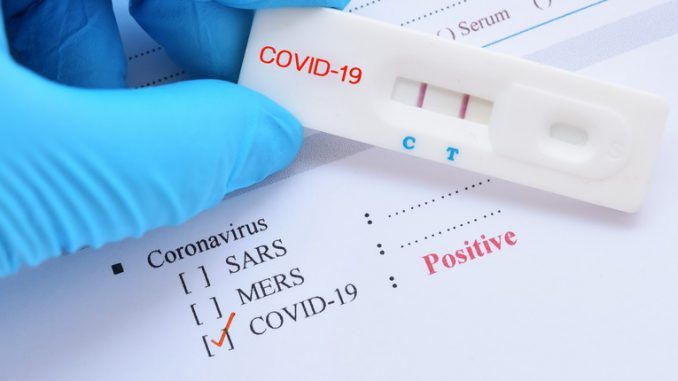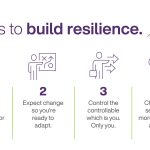
Covid-19, new opportunities for fast, inexpensive and scheduled screen
Data on Covid-19 infections, cured and deaths in recent days tell us that in Italy, perhaps, the battle against Coronavirus is moving into a new phase: that of knowledge and understanding of what really happened during the terrible months of lockdown and what consequences, beyond the official ones, have been produced on all of us by these months of pandemic.
Covid-19, new screening modalities
For these reasons, therefore, it appears essential to find screening modalities that are increasingly rapid, easier to perform, undoubtedly effective and reliable and, last but not least, obviously inexpensive at a time like the present when our companies, professionals and fellow citizens are struggling among a thousand financial and liquidity difficulties.
That’s why Unisalus Medical Center has decided to flank the serological test with venous blood sampling for the quantitative detection of IgG and IgM antibodies with the rapid test (so-called “pungidito”), choosing among the countless offerings on the market, the one developed and CE certified by Prima® LAB (Switzerland), and registered as an IVD for professional use with the Ministry of Health (n. 1920260), not saleable to the public, included in the lists of serological tests to date validated by some Italian regions and recently validated, among others, during mass screenings performed on important population cohorts of some Lombardy towns by the University of Milan, under the direction of Prof. Massimo Galli.
As the Director of the Chair of Infectious Diseases
As the Director of the Chair of Infectivology reminds us, it is indeed very complex to proceed to venous sampling of thousands of subjects in a short time frame and at low cost; that is why, rapid tests for COVID – 19 antibodies can play a key role in the current phase, particularly to ensure the safe resumption of our daily life and, even more so, of productive activities in general.
Easy to perform (with a simple capillary blood sampling) and with immediate results (within about ten minutes), it allows significant numbers of subjects to be screened quickly, to repeat monitoring in a scheduled mode and, last but not least, to acquire in almost real time very reliable indications about possible antibody positivity.
These subjects, in the same session, can be subjected to further quantitative serologic testing with venous sampling and, if the indication of positivity persists, to the subsequent swab, thus moving from instruments capable of providing useful indications for epidemiological purposes to the molecular swab, rightly considered the only test with diagnostic value for detecting the presence of the virus on the individual





